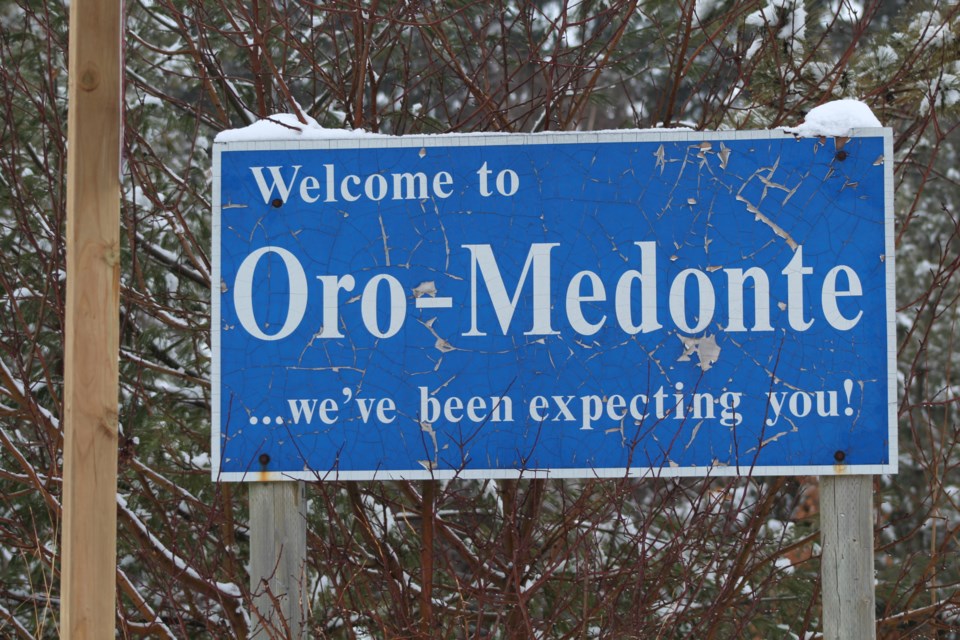The Township of Oro-Medonte and the Oro-Medonte Good Neighbours Alliance’s appeal of an Ontario Land Tribunal (OLT) decision regarding short-term rental accommodations in the township has been dismissed.
In its ruling released Friday afternoon, the Ontario Superior Court of Justice said it dismissed the appeal because:
- there was no procedural unfairness; and
- the OLT was correct in its interpretation of the existing zoning bylaw and made no error in law in finding Bylaw 2020-073 did not represent good planning.
Oro-Medonte Mayor Randy Greenlaw said Saturday morning he couldn’t comment on the decision.
“I haven’t had an opportunity to discuss the decision with council,” he said.
Barry Sookman, president of the Oro-Medonte Association for Responsible STRs, told BarrieToday, “The association is pleased with the result and hopes it will put to rest all litigation with the township over STRs.”
He added the association wants to continue to work with the township “towards a proportionate and legal approach to regulating short-term rentals and would welcome discussions with the mayor and deputy mayor as a start towards that end.”
According to the decision, after several years of study and consultation, the township enacted Bylaw 2020-073 to amend the existing zoning bylaw in an effort to address concerns about disruptive short-term rentals (STRs) in the township.
The Oro-Medonte Association for Responsible STRs, a not-for-profit corporation, appealed the bylaw to the OLT.
The Oro-Medonte Good Neighbours Alliance, a coalition of local ratepayers’ associations, was granted standing as a party before the OLT to make submissions in support of the bylaw.
Following a six-day hearing, the OLT gave an oral decision on March 22, 2022, granting the appeal and repealing Bylaw 2020-073.
The OLT released written reasons on Aug. 24, 2022. It found the bylaw did not represent good planning and was not in the public interest.
The township and the Oro-Medonte Good Neighbours Alliance were granted leave to appeal the OLT decision to the Ontario Superior Court of Justice.
Their grounds for appeal fell into four broad arguments:
- The OLT failed to afford the parties procedural fairness because the oral decision was rendered quickly and the reasons were inadequate;
- The OLT failed to correctly interpret the existing zoning bylaw and, as a result, failed to correctly interpret the impact of Bylaw 2020-073;
- The OLT considered irrelevant factors when considering whether Bylaw 2020- 073 represents good planning; and
- The OLT failed to consider whether Bylaw 2020-073 was consistent with the Planning Act, R.S.O. 1990, c. P.13, the Provincial Policy Statement and other local planning policy documents.
“First, there was no procedural unfairness,” wrote Justice Davies. “Second, the tribunal was correct in its interpretation of the existing zoning bylaw and made no error in law in finding Bylaw 2020-073 did not represent good planning.
“Finally, having found Bylaw 2020-073 was not good planning, the tribunal did not need to also address whether it was consistent or inconsistent with the Planning Act, the Provincial Policy Statement and other planning documents in its reasons for decision.”



